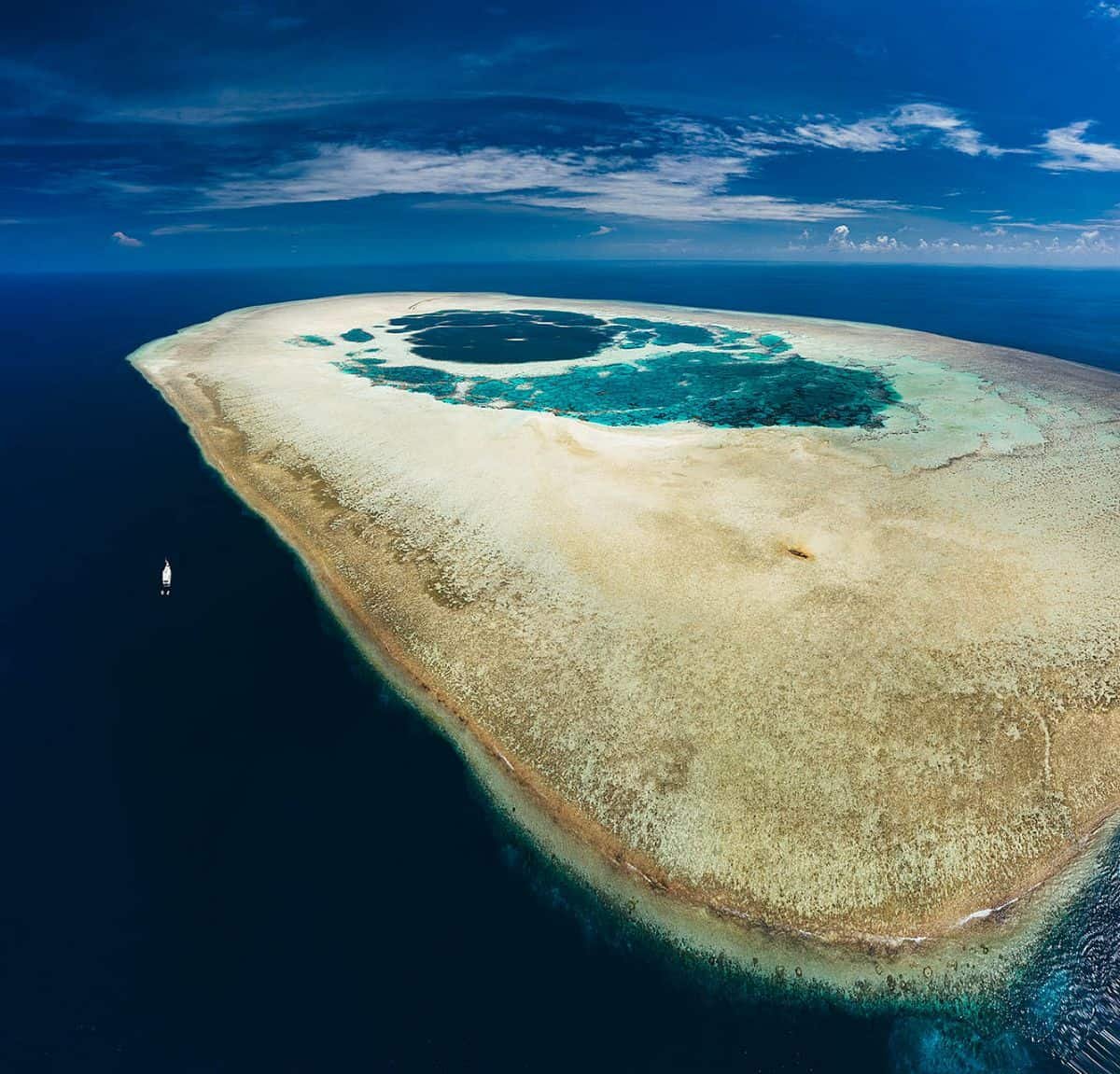The article is authored by a researcher cum storyteller who is keen on examining the interrelationship of history, language and culture. A strong enthusiasm of maritime traditions, symbolic meaning of words, and the varying role of language in developing human understanding makes the author unite his/her in-depth research and storytelling to make complex issues interesting and understandable. The intention is to always have writing that is informative, arouses curiosity and provides new avenues of thought on both known and unknown concepts.
Introduction
There is something framingly interesting about the sound of the word lucipara, as it brings both mystery and fascination simultaneously. Although this may not be a word that many people, on a daily basis would come across, its existence has been recorded in the history of the sea, in the cultural narrative, and symbolic meanings that have traversed the various areas of human interest. Lucipara is a word that in a great number of ways, begs to be explored, it is the type of word that opens a door to the realization of interconnection of language, geography, myth and symbolism.
Such terms as lucipara are interesting mainly because they can hardly be defined simply. They require time, attention and patience, and inviting us into the process of discovery that is far bigger than the name. This article aims at discussing the depth of lucipara. Lucipara, as a historical name in the form of a geographical point in the materials of sea-charts, and as a symbolic echo in literature and custom, acts as a reminder of how words may have different connotations in different times and places.
This is not, however, to learn about lucipara as we do in some dictionary or modern historical hint but to move about in the web of the word itself and to find it among the other regions of human fancy and of human chronicle. Now we shall proceed in the remaining passages to get below the surface of the perception of the perceptions of lucipara. We will consider the maritime origins of the word lucipara, the symbolic and cultural implications it has borne, the possibilities it reveals in both philosophical and linguistic discourse, and why in the modern world too such a word should arouse interest.
This exploration will be presented in a prose-length narrative format to make the adventure feel like you are really a character and that when you get to the end of it, you will not only know the term lucipara but you will also be able to feel its rich multi-dimensional nature.
The Maritime Origins of Lucipara
Lucipara appeared first in the history in the form of maritime charts and oceanic diaries. Oceans have always been mysterious, feared and revered places and the naming of places in the seas tended to be a symbolic thing. Islands, reefs and shoals were christened with names by sailors and cartographers of previous centuries when mapping the dangerous or important spots in their travels. In this meaning Lucipara has been assigned to a company of shoals in the Banda Sea in the Maluku Islands, Indonesia. These shoals which were also referred to as the Lucipara Islands played a significant role to the navigators passing along the spice trade routes.
Even the islands themselves are not big, congested centres but isolated, dangerous reefs which were to be navigated with caution. Indonesia has been a central area of world trade since ancient times, when European merchants became lured into hazardous sea routes by cloves, nutmeg, and other precious spices. Lucipara therefore gained the status of a name of chance and danger, a symbol on the map that reminded sailors of how close near and how close to danger they could sail. Looked at in this maritime light, the word lucipara is not simply a word but a prompt to human strength and aspiration.
Stories of loss, survival and victory were left behind by the seafarers who sailed through those waters, and these echoes have been taken by the islands in their name. It is geography, yet it is as well the desire of a human being to map and conquer uncharted land.
Lucipara as Mystery Personality.
Outside of geography, the concept of the lucipara has also been adopted as being mysterious and obscure. Words which grow in oceanic environments tend to attain this mysterious nature and so does lucipara. Even the seas themselves are metaphors of the unknown, and expressions which mention islands, reefs or shoals frequently enter literature and art as symbols of secret danger or secret truth. In this symbolic meaning Lucipara can be interpreted as a representation of unknowing aspects of life.
As was the case with sailors, who dreaded hitting reefs that were capable of destroying their vessels, individuals on personal trips also dread the unforeseen challenges that are ahead of them. Lucipara may, therefore, be used as a symbol of all the challenges, unknown to us, and the prospects that lie beneath the facade of our everyday existence. Lucipara might even be used in poetry and writing as a symbol of duality of human life: it is both an expression of weakness and a declaration of strength.
To challenge lucipara is to challenge the eventuality of ruination, but also we should acknowledge that discovery is found outside our risks. In this manner, lucipara breaks the geographical space and becomes a universal image, which may keep on addressing people even in generations.
Cultural meanings of Lucipara.
Besides the maritime and symbolic meaning, culturally, there is also the existence of the lucipara. The South East Asian location of the Lucipara Islands has been a long time home of trade, cultural sharing, and legend-telling. Placemames around this area were frequently stuck up in folklore and lucipara is no different. The stories of the sailors that had been transported between ports would tend to overemphasise the risks of the reefs and make them places of near legendary reputation. The lumipara has in other narrations been linked to tales of shipwrecks, found and lost treasures, and occurrences of mystery disappearances.
To the communities that resided close to the Banda Sea these tales were a reminder of the might of the ocean. Lucipara is occasionally used in the modern culture as a term in poetry to imply distalness, beauty or danger, depending on the mind of the writer or speaker. Such cultural interpretations are important since they help us remember that there is never a single sense to words. Although Lucipara has a physical geographical base, the character has been redefined to suit the contexts.
Reefs that used to frighten mariners could be now considered by people as ecological marvels, places that contain distinctive marine diversity. As such, the cultural meaning of lucipara keeps on changing and developing.
Reflections in Linguistics on Lucipara.
Lucipara is one interesting word to analyze on purely linguistic level. It is rhythmic and structured to imply a Latin influence, with luci alluding to light (Latin lux) and para alluding to production, preparation or proximity. Although this term, when applied in geographical context, cannot be easily translated in Latin terms, such a linguistic similarity is a point of conjecture. Does it mean that lucipara may be translated as a carrier of light or a carrier ready to light? This language aspect reveals that words may contain an underlying strata of meaning.
Although in its historical usage, as we shall see, lucipara particularly meant reefs, its phonetic and etymological structure is flexible to symbolic and poetic applications. Lucipara can be reconstituted creatively as a term by writers and thinkers to extend its sound and form to novel circumstances. The flexibility of the words such as lucipara is a symbol of the strength of the language per se.
Words are never fixed and they develop, evolve and vary with the cultures in which they are used. There are linguistic thoughts that focus on how history and imagination interact to produce many layers of resonance in a single word; they are termed as linguistic reflections about lucipara.
Modern Relevance of Lucipara
Lucipara is not obsolete in the modern globalized world, only this time in various aspects. To navigators, technology has lessened the risks that were presented by reefs and shoals. The GPS and sophisticated mapping have ensured that sailing on the Banda Sea is much safer than it was the case with the previous traders. But still on the maps is lucipara as a reminder of the past. In addition to geography, the symbolic and cultural strata of lucipara can be applied in the modern context as well. Lucipara can be used by writers and educators and artists as a metaphor of the unknown or a point of reference in discourses about resilience and discovery.
Environmentalists can also consider the Lucipara Islands as something to draw upon to remember delicate ecosystems in need of protection. Nowadays, when the conservation of the oceans has been added to the international agenda, the synthesis of the image of contemporary accountability can be represented by the image of a lucipara. Lucipara is not meaningless in the end since it links the past to the present. It is a breathing illustration of how language, geography and imagination still go hand in hand.
Frequently Asked Questions
What is the meaning of the word of Lucipara?
Historically, Lucipara is the term used to denote a cluster of shoals or tiny islands in the Banda Sea of Indonesia. It has also been understood symbolically and linguistically and is no longer restricted to its place of origin.
What are the location of the Lucipara Islands?
Lucipara Islands lie in Banda Sea, which is in the Maluku Islands in eastern Indonesia. They are distant and mostly unpopulated and traditionally referred to as maritime dangers by sailors.
What is so historic about the Lucipara Islands?
They played an important role in the period of the spice trade because sailors had to sail around them in the Banda Sea. Their name frequently was displayed on navigation charts to remind of the possible threats.
In the present language is lucipara in use?
Lucipara is nowadays not a commonly used word, but it can also be found in historical works, documents on maritime voyages and occasionally in cultural or poetic literature as a metaphor of mystery, danger or remoteness.
Is there any symbolism to the name Lucipara?
Yes, figuratively speaking, the symbolic meaning of lucipara can imply the undetectable problems or possibilities in life, the same way unseen reefs in the sea. It is used as an analogy of endurance, exploration, and the uncharted.
Conclusion
The discovery of the path of the light brings out much more than a mere geographical definition. What started as an allusion to reefs in the Banda Sea develops into a stratified account of history, language, culture and symbolism. Lucipara gives us a reminder of the danger and beauty of seas, the strength of human explorers and the adaptability of language over time. Lucipara was literally a test that had to be passed by sailors of the past. To authors and philosophers of the present, it is still metaphorically used to find a way out of confusion, to be reminded that there is danger and opportunity below the veil of life.
Even today, when navigation is safer with the help of technology, lucipara still has meaning as a belonging of the global cultural and linguistic heritage. In order to know lucipara is to know not its place in particular geographical location but its capacity to address aspects of human lives in general. Such words make us think of how rich words are and how curious we are to keep exploring, naming, and interpreting the surrounding world. Lucipara is a location and an emblem and in its obscurity, it still shines.
